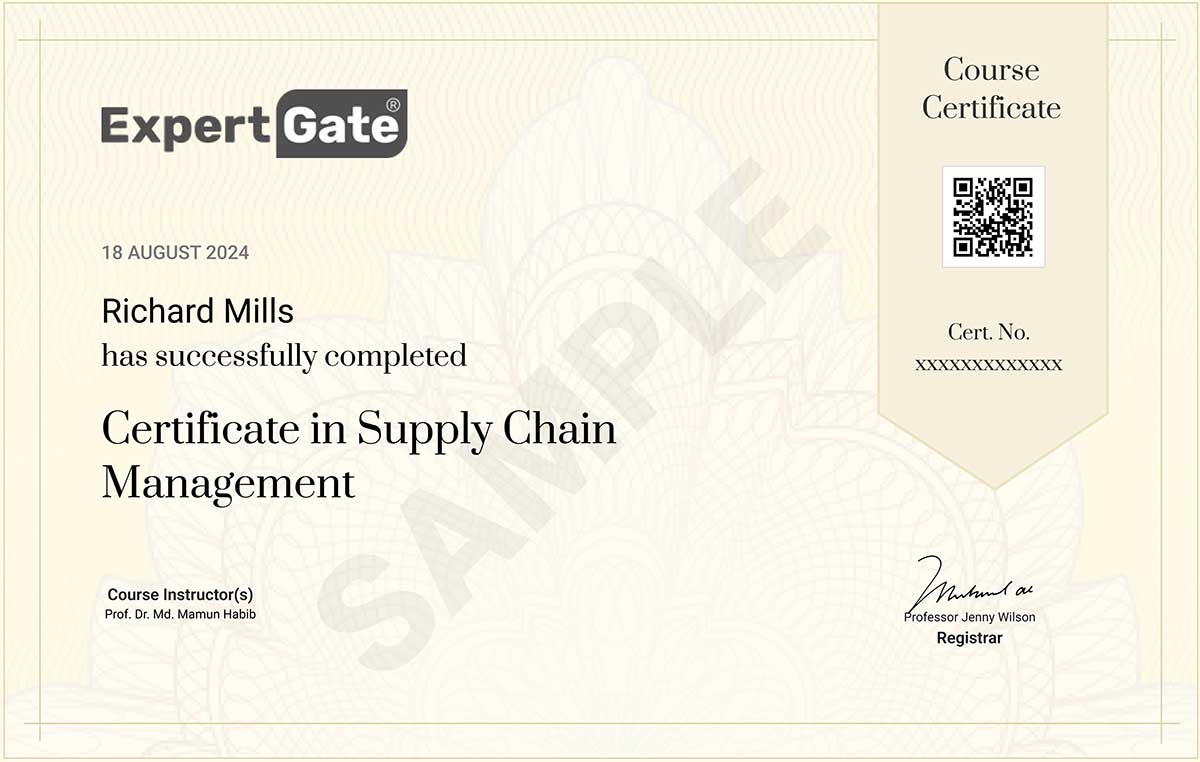Crop Nutrition for Sustainable Food Security: A Short Course

Overview
Instructors
Outcomes
- Understand the fundamental principles of crop nutrition and its significance in sustainable agriculture.- - Identify essential nutrients required for optimal plant growth and their roles in crop development.
- Evaluate different types of fertilisers and their application methods, including integrated nutrition management strategies.
- Analyse the environmental impacts associated with fertilizer use and develop strategies to mitigate these effects.
- Apply advanced nutrient technologies and precision agriculture practices to enhance climate resilience and improve food security.
Structure
Week 1: Introduction to Crop Nutrition in Modern Agriculture
- Overview of crop nutrition and its significance in sustainable food security.
- Key concepts in sustainable agriculture and the relationship between nutrition and food security.
Week 2: Fundamentals of Crop Nutrients
- Principles and classification of essential plant nutrients.
- Understanding nutrient cycles and their impact on crop health.
Week 3: Essential Nutrients for Crops
- Overview of primary nutrients (Nitrogen, Phosphorus, and Potassium).
- Examination of secondary nutrients and micronutrients and their roles in crop health.
Week 4: Fertilisers and Their Application
- Types of fertilisers and best practices for application.
- Introduction to integrated nutrient management strategies.
Week 5: Environmental Impacts of Fertilisers
- Understanding the environmental challenges associated with fertilizer use.
- Exploring strategies to minimise negative impacts on ecosystems.
Week 6: Advanced Nutrient Technologies for Climate Resilience
- Introduction to precision agriculture and its role in nutrient management.
- Techniques for implementing climate-resilient nutrient strategies.
Assessment
Target Audience
Recommended Resources
Certificates

